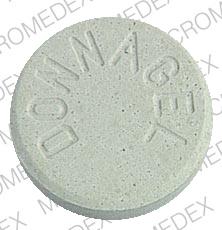Attapulgite Disease Interactions
There is 1 disease interaction with attapulgite.
Moderate
Adsorbent antidiarrheal (applies to attapulgite) fever
Moderate Potential Hazard, Moderate plausibility.
Patients with diarrhea and fever should be seen by a physician. The potential for the diarrhea to be associated with ulcerative colitis, Crohn's disease, or amebiasis is increased in these patients.
Switch to professional interaction data
Attapulgite drug interactions
There are 76 drug interactions with attapulgite.
More about attapulgite
- attapulgite consumer information
- Check interactions
- Compare alternatives
- Reviews (1)
- Side effects
- Dosage information
- During pregnancy
- Drug class: antidiarrheals
Related treatment guides
Drug Interaction Classification
| Highly clinically significant. Avoid combinations; the risk of the interaction outweighs the benefit. | |
| Moderately clinically significant. Usually avoid combinations; use it only under special circumstances. | |
| Minimally clinically significant. Minimize risk; assess risk and consider an alternative drug, take steps to circumvent the interaction risk and/or institute a monitoring plan. | |
| No interaction information available. |
See also:
Further information
Always consult your healthcare provider to ensure the information displayed on this page applies to your personal circumstances.


